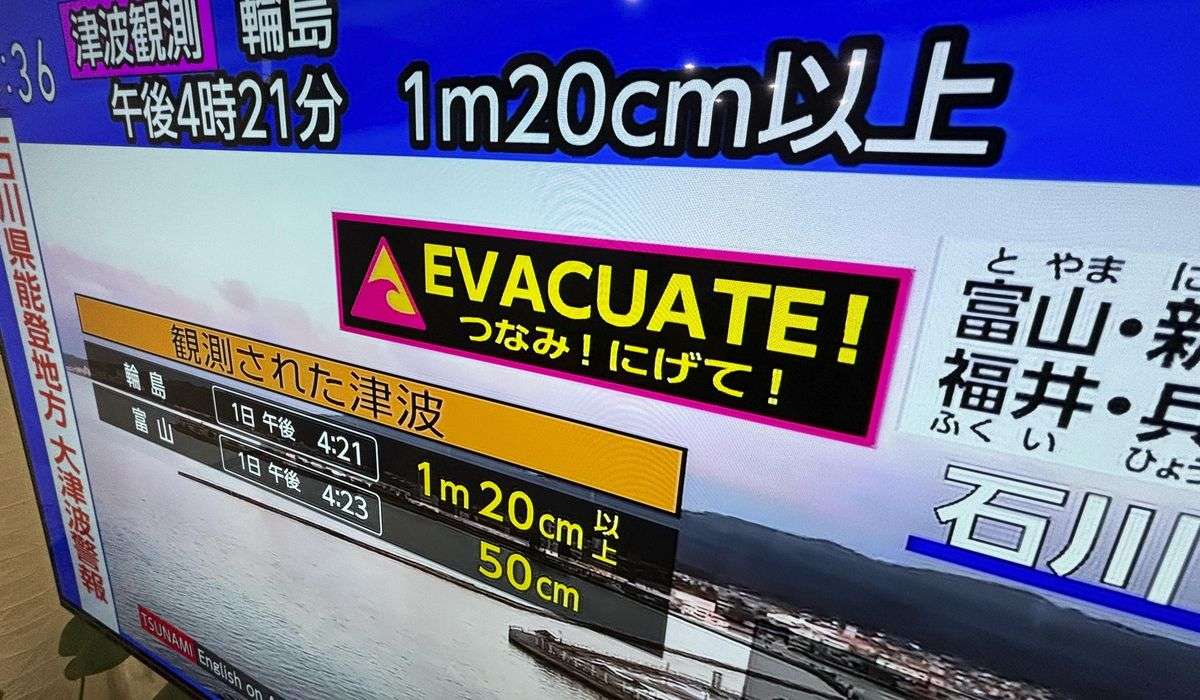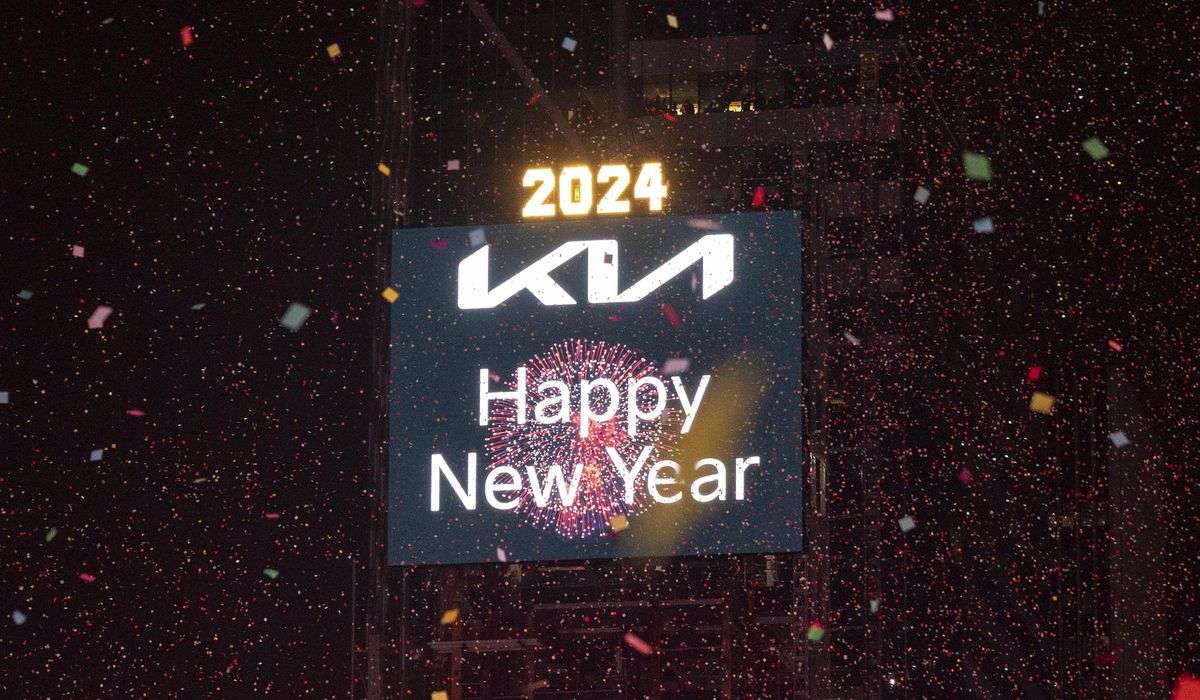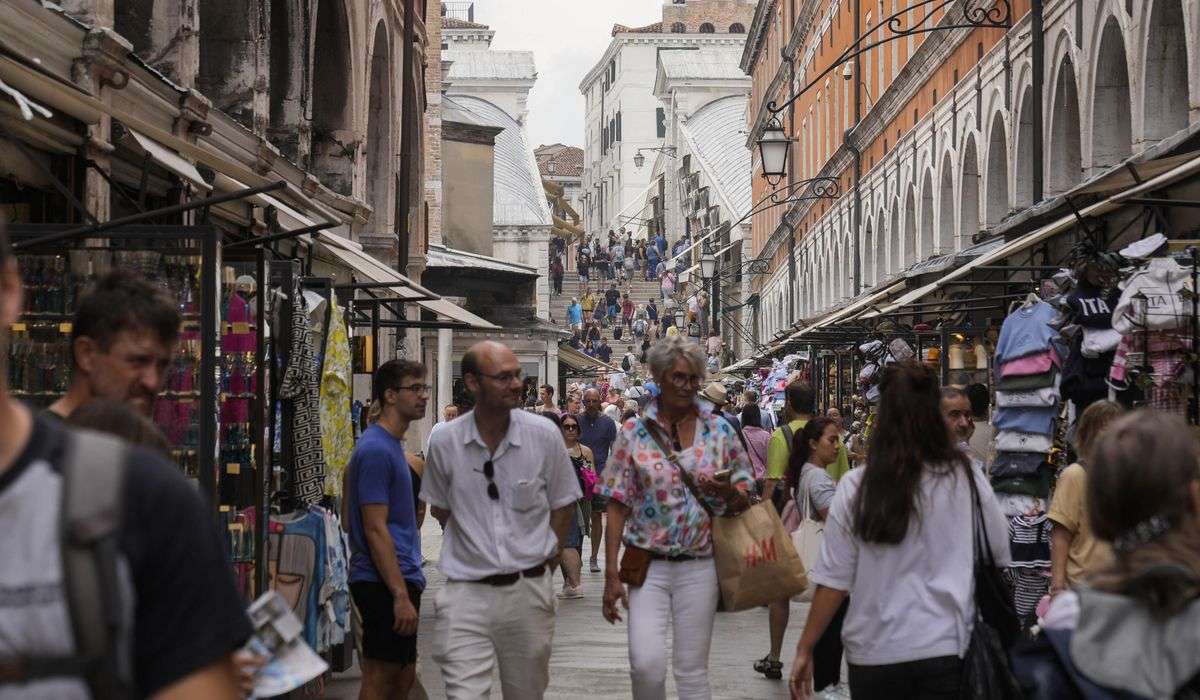Tired of the same old home office? Punch the clock in a hotel guest room.
By Andrea Sachs,
Illustration by Luis Mendo for The Washington Post
At the Park Hyatt in Washington, D.C., I had to resist. No swaddling in the plush bathrobe. No running a hot bath. No clicking through the movie channels. No vacation-style activities.
After months of working from my apartment, staring at the same sickly plant, I wanted a change of scenery and indoor flora. So I booked a day at the West End hotel and turned Room 415 into my office. The reporter will see you now.
Before the coronavirus pandemic, leisure travelers typically reserved daytime stays if they had long layovers or evening flights. The hotels were often near an international airport, so guests could rest and shower before hopping on a shuttle and jetting off to their next destination. Business travelers also occupied hotels during the working hours, using the properties’ conference rooms or executive suites as satellite offices. During the global crisis, however, a new type of traveler has emerged: the accidental digital nomad. To accommodate the needs of remote workers, hotels are flipping their reservation times and touting their office amenities over their R&R perks, many of which are closed or limited anyhow.
“Most hotels will be open to something like this,” said John S. Fareed, managing director of North America at Horwath HTL, a consulting firm that specializes in hospitality, tourism and leisure. “Some are really going for it and promoting it. Others are going with the flow. But right now, I think this should be a priority.”
[How to check into a hotel faster]
Red Roof Inn was at the forefront of the WFH trend, with the “H” standing for “hotel.” The budget chain introduced its Work Under Our Roof promotion in late March. The initial deal was optimistic: It expired on May 31. The company has since extended the deadline to the end of the year. The weekday rate starts at $39 and includes a guest room from 8 a.m. to 6 p.m., local and long-distance phone calls, a fax machine, workstation and coffee maker, depending on the room. Pets are also invited, as long as your cat or dog doesn’t chew the office furniture.
Since then, more properties have jumped into the carpool lane. In downtown Washington, the Hamilton Hotel’s Work from Hamilton package includes a room or suite from 6 a.m. to 7 p.m., Starbucks breakfast, and access to the PressReader, a digital news source with more than 7,000 publications in 200 languages. Guests who sign up for Fig Works Perks at the Hotel Figueroa in Los Angeles receive accommodations from 9 a.m. to 5 p.m., parking, high-speed WiFi, use of a copy machine, and an in-room coffee machine and refrigerator. Just imagine: No one will poach your leftover pasta salad or accuse you of leaving a dirty coffee mug in the sink.
Taufiq Hosen/CitizenM
CitizenM has created two plans that allow guests to work from any of its 21 hotels.
A few hospitality companies are going even further and proposing a lifestyle revolution. CitizenM, for one, recently unveiled two programs that might tempt you to break your lease and re-home your house plants. With Global Passport, subscribers can book up to 30 consecutive days at CitizenM’s 21 properties for the fixed rate of $50 a night. (You must spend at least seven nights and no more than 29 nights in one location.) Only 1,000 passports are available, and the company has sold several hundred since its launch in late September. If you’re not ready to ditch the ficus, the monthly corporate subscription plan provides workspace in any CitizenM living room, plus three nights’ lodging, breakfast and three hours of meeting space, for $600.
“These are for the more established person who has a disposable income,” Cameron Sperance, who covers the hospitality industry for the news site Skift, said of the movement.
Sperance sees the recent partnership between Industrious, a workplace provider, and Proper Hospitality, a luxury lifestyle brand, as a harbinger of hotel office spaces to come. The companies are transforming Proper’s suites into private work sites with features — ergonomic furniture, extra monitors, cold brew coffee, gourmet snacks — as common today as the vending machines and file cabinets of yore. The pair unveiled the new concept at Proper properties in Austin, San Francisco and Santa Monica, Calif., and will roll out more reimagined rooms soon.
“The idea is to make sure that whatever you have at your office, you will have at the hotel: high-speed WiFi, a separate work area with a desk, and food and beverage places that are open or nearby,” said Chip Rogers, president of the American Hotel & Lodging Association. “You may want to use the pool, too.”
For guests who don’t want to go home after work, the industry has created the latest portmanteau — the workcation. The packages are usually located in vacation destinations, such as Las Vegas (MGM Resorts’ Viva Las Office); Lake Geneva, Wis. (Grand Geneva Resort & Spa’s New Week, New Office); and Key West, Fla., Orlando and Aruba (Hyatt’s Work From Hyatt). To take advantage of the specials, you will most likely have to travel, and therefore know the safety requirements of the locale, plus pack more than one Zoom-appropriate top.
“An overnight doesn’t count. You need to spend at least two or three nights,” said Fareed, explaining the true workcation. “You might work from the pool, order a drink, go to the spa, or sit on the balcony or beach.”
Unlike the workcation, most hotels do not advertise the day-use option on their websites. And those that do often omit the critical details, such as rate and availability. The Normandy Hotel in Dupont Circle says to call for more information. So I did. The front-desk employee quoted me a rate of $124 for an overnight stay and had to put me on hold while she asked a co-worker for the answer to my question. She returned with a reply: $59.
“Day use is still in its infancy and won’t reach maturity for a couple months,” Rogers said.
Instead of cold-calling hotels, I tried a more organized and expedient approach: booking a room on Dayuse.com, which lists more than 6,000 hotels in 25 countries. The company, which a French hotelier founded 10 years ago, is flourishing. Since March, it has added more than 1,000 hotels, with more than half of the new properties in the United States. Reservations made by new customers has increased by 40 percent.
“The hotel-as-office trend is exploding,” said Mélanie Marcombe, the company’s vice president of sales. “Hotels are definitely reinventing themselves.”
When I plugged “Washington” into the search engine, the site spit out 35 hotels. Each property lists its check-in/checkout hours, and at some places, I could pick a block of time, such as 10 a.m. to 5 p.m. or 2 p.m. to 9 p.m. at the Fairfield Inn & Suites by Marriott near Chinatown. I am a 10-to-6er, so I looked for a hotel that could match my hours. I winnowed my choices down to a standard room at the Melrose Georgetown for $99 and a junior suite at the Park Hyatt for $179. I knew that if a bed were within my field of vision, I would end up working belly-down on the mattress and from there . . . well, I would have to try out the pillows and make sure the remote was operating. At the Park Hyatt, temptation would be out of sight and out of mind, at least until I peeked behind the wall separating the workspace from the bedroom.
[Simple and close to home, pandemic vacations embrace the travel norms of earlier eras]
The site did not ask for my credit card — “If you don’t show up, you should not be charged,” Marcombe explained — which felt like sealing the deal with a wink. Maybe I misread the gesture? I called the hotel to confirm my reservation; I was in the system. While I had the employee on the phone, I inquired about parking ($30) and pets ($150). To save some money, my traveler’s instincts kicked in: I used the SpotHero app for parking ($13 at a garage on the same block) and negotiated a lower price for my dog, Violet ($75, which the manager later waived).
At check-in, the front desk attendant informed me that the gym was open, but I would need to inform the staff if I wanted to work out, because of capacity limits. In the key card envelope, she placed a piece of paper with a QR code on it. The code would pull up the menu for the Blue Duck Tavern, which I passed en route to the elevator.
Andrea Sachs
The Washington Post
The author brought her office essentials to the Park Hyatt for her work-from-hotel day: her computer and her rescue dog, Violet.
Upon entering the room, I hung up my coat in the entryway, which I never did at my K Street office, and headed for the curved desk with the inky floral design. I set up my computer, signed on to the WiFi and attempted to make a cup of coffee. However, I could not figure out the Nespresso machine and called housekeeping for help. A kind employee with no smirk on his face, as far as I could tell, showed me how to turn the machine on. I worked steadily for a few hours before I took a break. Instead of walking to the kitchen, my usual WFH routine, I explored the bathroom. I brushed my teeth with the gratis oral care items and inspected the bathtub. I turned the hot water faucet on, tossed in a pinch of bath salts and ran back to the desk to fetch my computer. I sent off a few emails while soaking my feet.
The restaurant closed at 1:30 p.m., so I submitted my online order and received a text that my harvest vegetables would be ready at 1:21. Pickup was at 1201 24th St. NW, also known as downstairs. Before lunch, I took Violet for a walk around the neighborhood, both of us grateful for the new sights and smells. At the appointed hour, I wandered over to the restaurant, where patrons dined at outdoor tables. I was tempted to join them, but I had a 2 o’clock. With only a few hours left on the clock, I started to dread the idea of returning home, the usual end-of-trip blues. I contacted the front desk and asked about staying the night; the employee said sure, for $389. (Dayuse.com’s prices are on average 25 to 30 percent less than the overnight rate.) I asked how much it would cost to extend my reservation till 6:30. She said there was no charge for a late checkout.
I cut out of work a little early that day. I slipped on the bathrobe, stretched out on the daybed and arranged the stack of pillows so that I could see the TV without straining my neck. I stayed in that position until my time was up. On my way out, I turned in the key to my office, passing a guest arriving for the night shift.
More from Travel:
With no contact and substantial space, Getaway’s tiny houses were ahead of their time
For a newbie driver, the RV was her classroom and her subject matter
What to expect from this winter’s ski season






